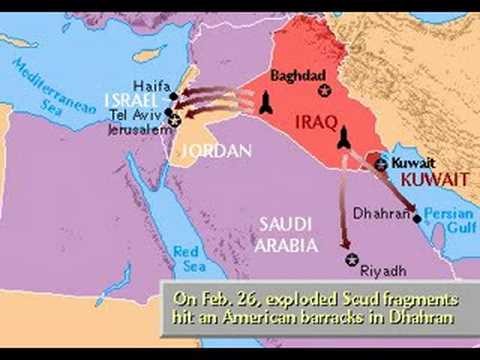7667766266
enquiry@shankarias.in
Why in news?
Iraq handed over the remains of 48 Kuwaiti nationals exhumed from a mass grave, more than 28 years after the Gulf War ended.
What was the Gulf War all about?

What was the impact?
What was India's stance then?
Source: Indian Express
Quick Fact
Baathist regime